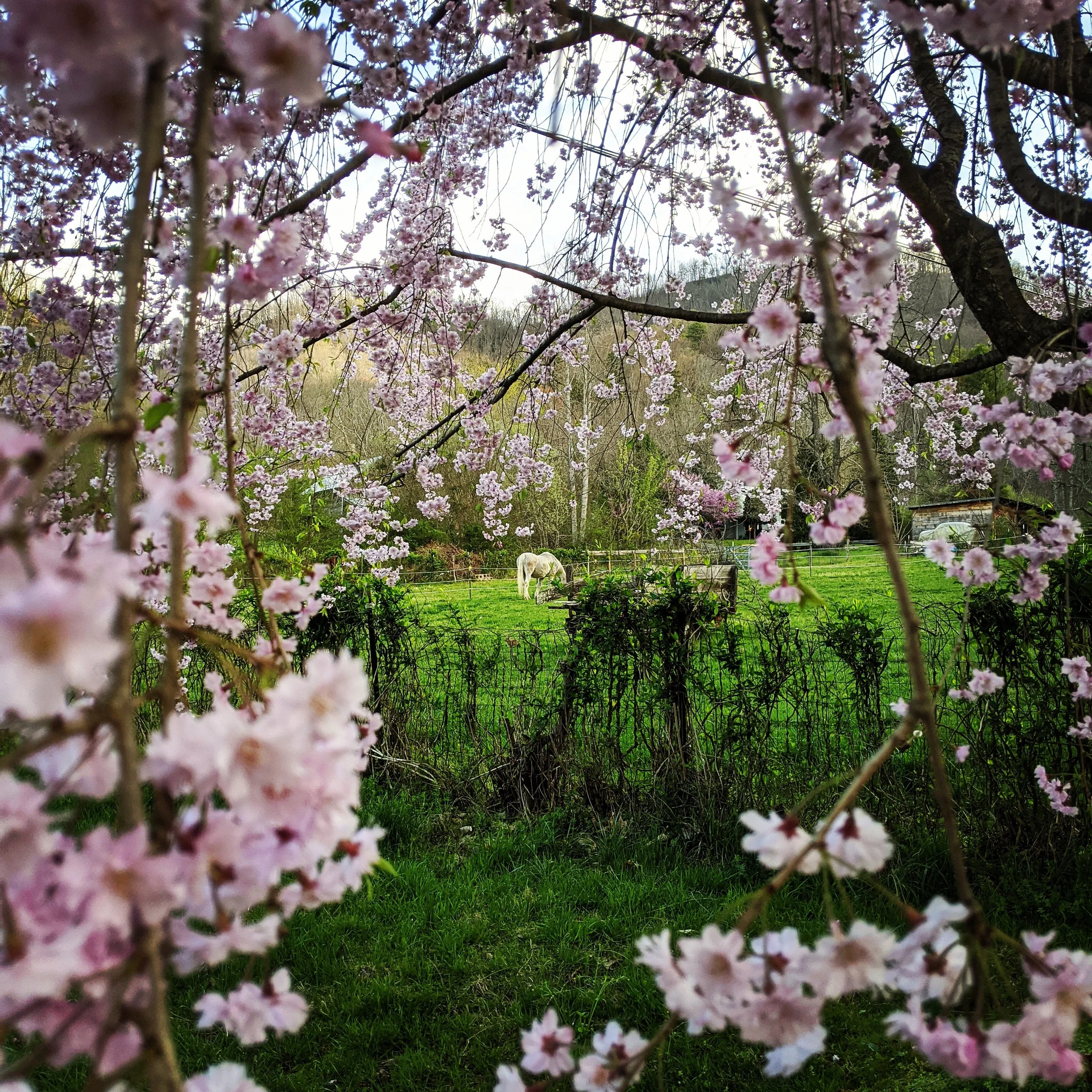Lyme Disease in Western North Carolina: What You Need to Know
Did you know?
According to the Global Health Institute, Lyme disease has rapidly expanded along the Blue Ridge Mountains into northwestern North Carolina over the past decade. In some ZIP codes, incidence rates now match historically high-risk areas in the Northeast.
A Growing Concern
While more medical doctors are recognizing and treating Lyme with antibiotics, this bacteria is sneaky. Chronic or undiagnosed cases often require a more integrative approach—especially if symptoms persist long after treatment.
Why Lyme Can Be Hard to Diagnose
Our functional medicine practitioner and chiropractor, Dr. West, DC, MS, has years of experience treating Lyme. She’s seen firsthand that:
Standard tests can miss it — even when symptoms are present.
Flares can happen years later, long after an initial infection.
Case in point:
One patient spent thousands on autoimmune disease testing. Through Applied Kinesiology (non-invasive muscle testing), Dr. West identified Lyme as the likely culprit. After pushing for more specialized lab tests, the result finally came back positive.
Dr. West’s Multi-Faceted Lyme Treatment
Nervous System Assessment
Many chronic Lyme patients are stuck in “fight-or-flight” mode.
Gentle spinal adjustments (manual or activator-assisted) help calm the nervous system.
Identify the Main Driver
Is it the Lyme bacteria itself?
Or a co-infection like Bartonella or Babesia?
Testing can include Applied Kinesiology or blood work.
Targeted, Gentle Support
Muscle testing determines the best supplement or homeopathic remedy.
Detox support is added to help the body process and eliminate the bacteria.
Treatment is paced slowly—avoiding overload and matching the body’s needs at each stage.
Our approach is personalized—no “one-size-fits-all” protocols. Lyme recovery is a journey, and our goal is to improve quality of life along the way.
Acupuncture for Lyme Symptom Relief
You can also book with Kat Harrod, L.Ac, who uses acupuncture to address:
Pain: Encourages endorphin release (natural painkillers)
Inflammation: Modulates pro-inflammatory cytokines
Immune Function: Supports and regulates the immune system
Fatigue: Boosts energy through improved circulation and Qi balance
Nervous System Imbalance: Calms anxiety, improves sleep, and supports emotional well-being
Prevention Tips
When it comes to Lyme disease, prevention is your best defense.
Be extra cautious during spring and summer outdoor activities
Wear long sleeves and pants in wooded or grassy areas
Use insect repellents containing DEET or picaridin
Perform thorough tick checks after being outdoors
Watch for early symptoms:
Fever
Fatigue
Muscle aches
Nausea
Headache
Bull’s-eye rash (erythema migrans)
If symptoms appear—seek medical care quickly and contact us for integrative support.
We’re Here to Help
Whether you’re newly diagnosed, living with chronic Lyme, question whether or not this plays a role in your health, or simply want to prevent infection, Mindful Wellness Space offers both functional medicine and holistic support to guide your healing journey.

